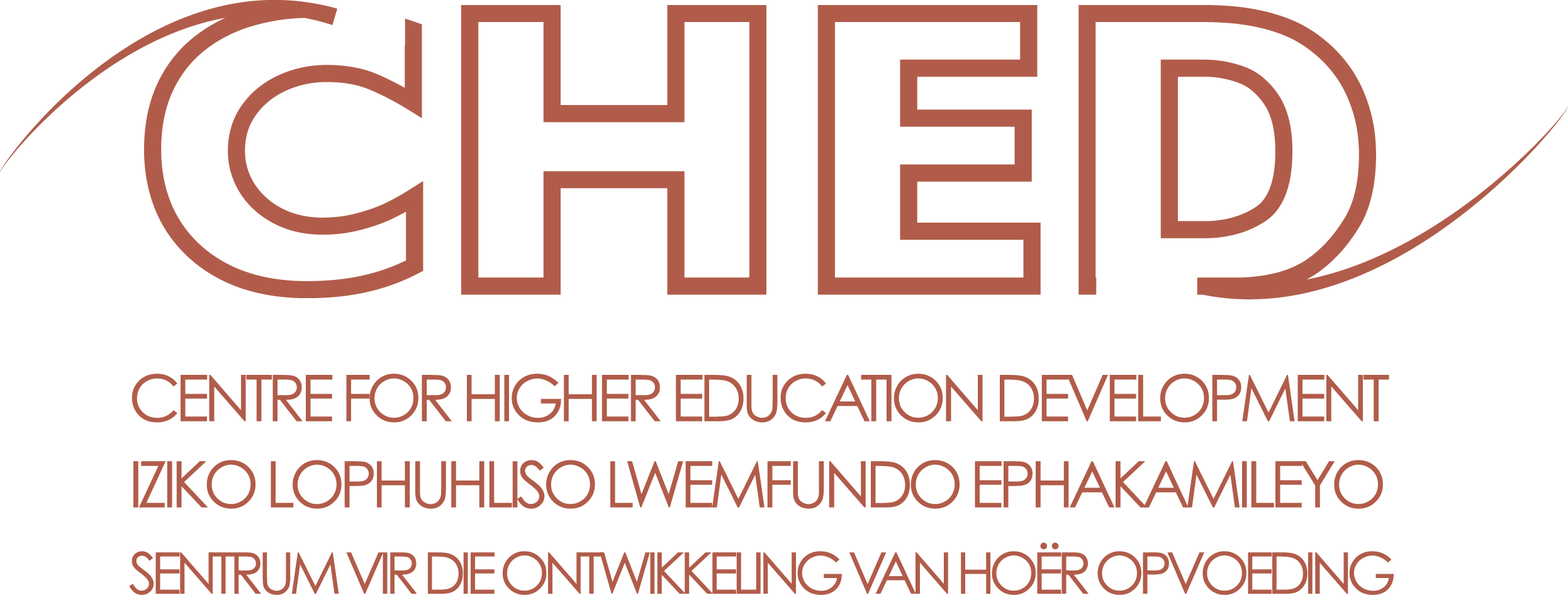New Academic Practitioners' Programme (NAPP) is a holistic programme of professional development for new lecturers at UCT. Its key points of focus include resources and basic skills necessary for development as educators, researchers and members of the UCT community; and an orientation to teaching, learning, technology, and assessment practices for the higher education classroom.
Principles informing this model of induction:
NAPP is the collective responsibility of a number of units - the department and faculty, with the assistance of HR, CHED and the Research Office.
- Learners are adult professionals.
- Integrated programme responding to personal and professional development needs.
- Holistic development i.e. teaching, learning and assessment, research, management, administration and community outreach.
- A series of opportunities; not a one-off event.
Structure of the model:
- There are two cohorts of 20 participants each per semester (at no cost to participants).
- NAPP is a 5 day programme (40 hours) = 3 day residential retreat at Mont Fleur Conference Centre and 2 x 1 day on-campus workshops (during the vacation period or in consolidation weeks).
Since 2004, over 300 academic staff have participated in the NAPP programme for new full time academics at UCT with not more than 5 years teaching experience in higher education.
In its current form, and using the framework of structure, culture and agency (Archer, 2000), NAPP offers new academics an academic orientation to the structural enablements at UCT by focussing on ad hominem procedures and policies; the UCT Assessment Policy; the Teaching and Learning Charter; the transformation policy; research and career planning strategies, technology enhanced teaching opportunities, etc. New lecturers at UCT are introduced to the cultural ethos by opening up spaces to talk about the research/ teaching balancing act; teacher identity and agency; student learning challenges; assessment as epistemic and social practice; networking and the building of a community of practice.
Through the work of the Transformation Office, new staff are equipped with strategies to strengthen their intercultural competence in an ever-changing and diverse higher education environment. To do this whilst developing expertise to be researchers and teachers requires a game of strategy and the Research Office provides support by discussing strategies for planning and managing research tasks effectively.
Our overarching aim is to provide opportunities for new academics to exercise their agency in a supported network and not to feel isolated, helpless, voiceless or invisible in the first few years. We are passionate about developing in new academics an ethos of theorised and mindful practice. To this end an innovation to NAPP is the teaching project, designed to activate agency in response to a real classroom challenge that new lecturers explore over the semester, with support from the NAPP team. These projects are located in key areas such as assessment practice, educational technology, teaching design, and course evaluations and unravelling the details of the project often facilitates a conversation with departmental colleagues and students. To support these projects, the NAPP team consults with lecturers during the semester and visits classrooms to observe teaching and offer constructive feedback.
Teaching Observation is an important service offered to NAPP participants as we endeavour to encourage a sense of critical reflection on practice, whether in the classroom or in departmental spaces, where most new academics seem to need support. We feel it is imperative that new lecturers become aware of the contextual and conceptual challenges of the higher education classroom and that they are able to make appropriate choices and selection in the interests of effective teaching, learning and assessment practices.
Every year we shape and strengthen NAPP further as we strive to be more responsive and to embed our conceptual foci more practically each time. Overall, we want new academics to develop a sense that effective higher education teaching and learning require a vitality and awareness that supersedes disciplinary expertise. It is equally important that a collegial and safe space is provided for new lecturers to develop meaningful responses to the challenges facing them, their students and their classrooms. The sooner new academics feel enabled and included, the easier it is for them to contribute in meaningful ways to UCT and higher education in general.
